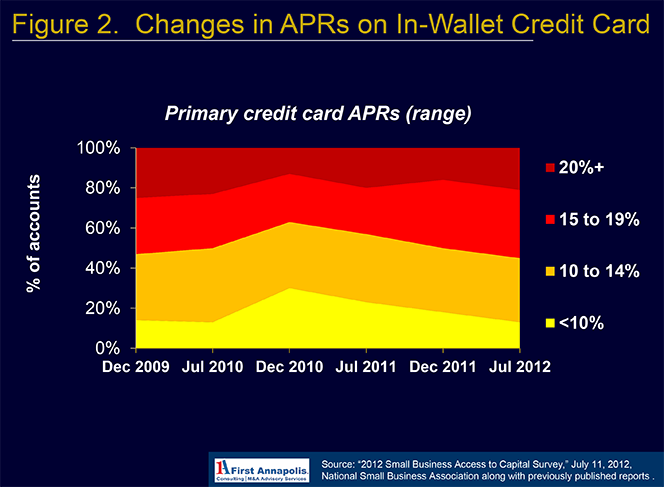Payment Processing for Payday Lenders: The Solution

It has now been about a year since the attack on U.S. payday lenders was launched. Back in April of 2013, the Consumer Financial Protection Bureau (CFPB) told us that a “sizable share of payday loan and deposit advance users conduct transactions on a long-term basis, suggesting that they are unable to fully repay the loan and pay other expenses without taking out a new loan shortly thereafter”. So, they “continually re-borrow and incur significant expense to repeatedly carry this debt from pay period to pay period.”
The CFPB went on to suggest that it “is unclear whether consumers understand the costs, benefits, and risks of using these products”. After all, “[o]n their face, these products may appear simple, with a set fee and quick availability”. The implication, of course, is that, if they did understand just how expensive payday loans really were, consumers would never have taken them out in the first place and get into so much trouble and expenses paying them off afterward. So something had to be done.
And something did get done soon enough. A few months later, in August, New York Attorney General Eric Schneiderman filed a suit charging one lender in particular — Western Sky Financial — with levying excessively high interest rates of more than 300 percent, in direct violation of his state’s law that limits interest at 25 percent. One might have wondered why it would have taken New York years to figure that out, but never mind.
The more relevant question, however, is who would serve payday borrowers’ needs, if the payday lending industry were to be shut down altogether, which clearly is the intent of Schneiderman and a host of other state AGs, as well as that of many federal agencies. For no lender would extend loans to these borrowers on anything resembling mainstream terms. These borrowers are simply too risky!
Well, we didn’t get an answer to this question, but the good news is that the payday industry is still very much alive and is adjusting to the new reality. Payment processors are beginning to figure out the right approaches to serving the industry in today’s environment and we are happy to tell you that at UniBul we have a great working solution for payday lenders.
On Taxis and Payday Loans
“Would you take a taxi on a cross country trip”? This is what the CFPB asked us in an amusing infographic, designed to illustrate just how bad of a financial decision the taking of a payday loan really is. The answer is meant to be a resounding “no”, considering that the “typical APR on a $350 loan is over 300%” and that borrowers remain “in debt for nearly 200 days out of the year”.
And yet, consumers keep on happily taking out such expensive loans and are doing so in droves. Clearly, the CFPB reckons, there must be some misunderstanding:
It is unclear whether consumers understand the costs, benefits, and risks of using these products. On their face, these products may appear simple, with a set fee and quick availability. However, the fact that deposit advances do not have a repayment date but rather are repaid as soon as qualified deposits are received adds a layer of complexity to that product which consumers may not effectively grasp. Moreover, consumers may not appreciate the substantial probability of being indebted for longer than anticipated and the costs of such sustained use. To the extent these products are marketed as a short-term obligation, some consumers may misunderstand the costs and risks, particularly those associated with repeated borrowing.
And yet, I, for one, refuse to accept that payday borrowers are quite as dumb as the CFPB guys obviously believe them to be. They are simply tapping into the sole lending outlet available to them. What would they do without it?
The Solution
In any case, the law suits filed in New York shook the payday industry to its core. Suddenly, all but precious few processors quit the industry and even fewer banks were willing to serve as acquirers of payday transactions. For months the payment processing part of the payday puzzle was in disarray, which forced many lenders to go out of business.
However, this dark period is now behind us and we have finally managed to build a solid, stable payday processing solution for all types of lenders, including offshore-based and tribal ones. Of course, that doesn’t mean that business can go on as it did before the crisis struck, that would never again be a possibility. However, as long as you are willing and able to make the necessary adjustments, you will do just fine. And two such adjustments, in particular, have a direct bearing on the payment processing aspect of the puzzle:
1. Pricing is higher, much higher. Gone are the days when you would have your transactions processed for 20?ó – 25?ó per item — no processor in his right mind would take on so much risk for so little benefit! You have to accept the fact that the processing of payday transactions today will cost you something in the range 1.5 percent – 3.5 percent, plus a transaction fee of a dollar or so. This is just the way it is!
2. Legacy transactions may have to be abandoned. Some of the lenders I’ve talked to have had millions of dollars in payments, which were frozen when their previous processor shut them down. Naturally, they are eager to use their new service to recoup all, or at least part, of these payments. But there is a problem: these transactions are months old and result into a disproportionately high ratio of returns, compared to fresh transactions. So, if you rushed into processing them through your newly established facility, you would promptly blow it up and find yourself without a processing account once more, and this time probably forever. So, hard as it is, you may have to take the loss and move on.
There are other important considerations, of course, such as whether or not you should be processing in the “restrictive states”, but addressing the two listed above is where you should start.
The Takeaway
So, yes, payday loans are still being extended in the U.S. and I hope that this will remain the case for a long time to come. After all, they are perfectly legal and payday lenders are filling a gap in the market by servicing a huge pool of consumers who have no one else to turn to. Fortunately, there are also payment processors (yes, UniBul, but there are others as well) that are willing and able to serve the payday industry on reasonable terms and things are slowly beginning to normalize.
Image credit: Wikimedia Commons.


